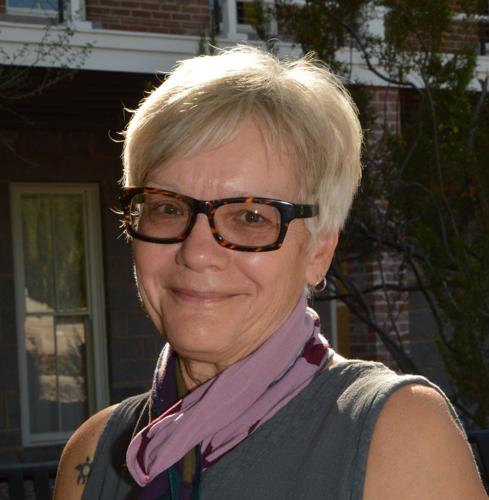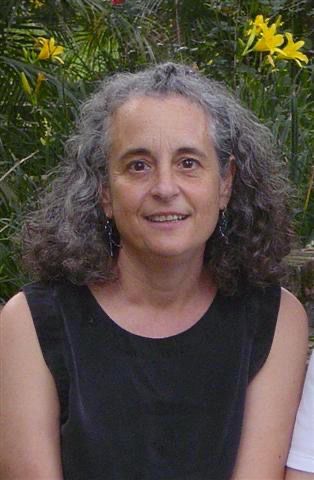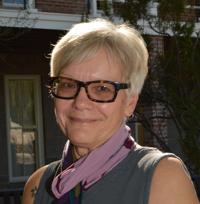The following column is the opinion and analysis of the writers.
The right to vote is key to the functioning of our democracy. The COVID-19 pandemic presents particular challenges to exercising this fundamental right for disabled people and elders. Our current election laws could never have anticipated how public health efforts to curb the spread of a deadly virus might result in the denial of this most precious right for many people who reside in long term care facilities or who are hospitalized.
In order to make voting accessible to all voters, Arizona’s election laws address the need of some voters to have assistance in filling out their ballots. People who are physically unable to fill out a ballot can legally have a trusted individual assist them, or receive voter assistance through Special Election Boards consisting of a Democrat and Republican that are appointed by the County Recorder. The law requires Special Election Boards to provide their service in person.
Currently, many nursing homes, assisted living centers, and hospitals do not allow visitors because of restrictions related to COVID-19. That means trusted individuals and members of the Special Election Boards are unable to provide physical face-to face voter assistance. People who need such assistance would be unable to vote.
A reasonable fix was made by Maricopa County Recorder Adrian Fontes by equipping his office’s Special Election Board with instructions and tablet computers that enable voter assistance by videoconferencing. Pima County Recorder F. Ann Rodriguez has also stated she will offer this as an option. Secretary of State Katie Hobbs provided statewide guidance supporting the Special Election Boards to utilize the practice for voters in need.
Unfortunately, Governor Doug Ducey and Attorney General Mark Brnovich sought to sow doubt and declared that videoconference voting was illegal under Arizona law. Mr. Fontes won relief when Maricopa County Judge Randall Warner found that this creative solution is a reasonable modification under the Americans with Disabilities Act to voting practices for disabled and elder voters. This ruling is a correct and just outcome. Our electoral system’s integrity depends on every voter having the self determination to be able to cast a ballot.
After Judge Warner's decision, Attorney General Brnovich asked the judge to set aside any ballot that is cast using the videoconference option until after the election. He cited an unproven and imaginary potential for abusing this option. He wants to subject voters who utilize videoconferencing to unnecessary investigations into their physical capacities. Disabled people and elders know their bodies and access needs best. They should be believed not scrutinized. After all, no one questioned the need for Judge Warner and the attorneys involved in this litigation to conduct and participate in hearings via videoconference.
Obviously, the existing election laws could not anticipate a pandemic and therefore do not address the situation where groups of people are required to be isolated from contact with others. Hopefully, the state legislature will enact laws to provide a more comprehensive basis for videoconference voting next spring, but the rights of people who live in congregate situations and who are not able to physically fill out a ballot are being limited now.
COVID-19 has disproportionately impacted people living in congregate settings. Disabled people and elders living in these settings must not be denied their voting rights when our national crisis affects them so personally. Voting rights are the heart of our democracy. The integrity of our election system is threatened — not preserved — by limiting the rights of any voter to have their ballot countd on election day. Secretary Hobbs and Recorders Fontes and Rodriguez understand this basic value. Attorney General Brnovich does not.







